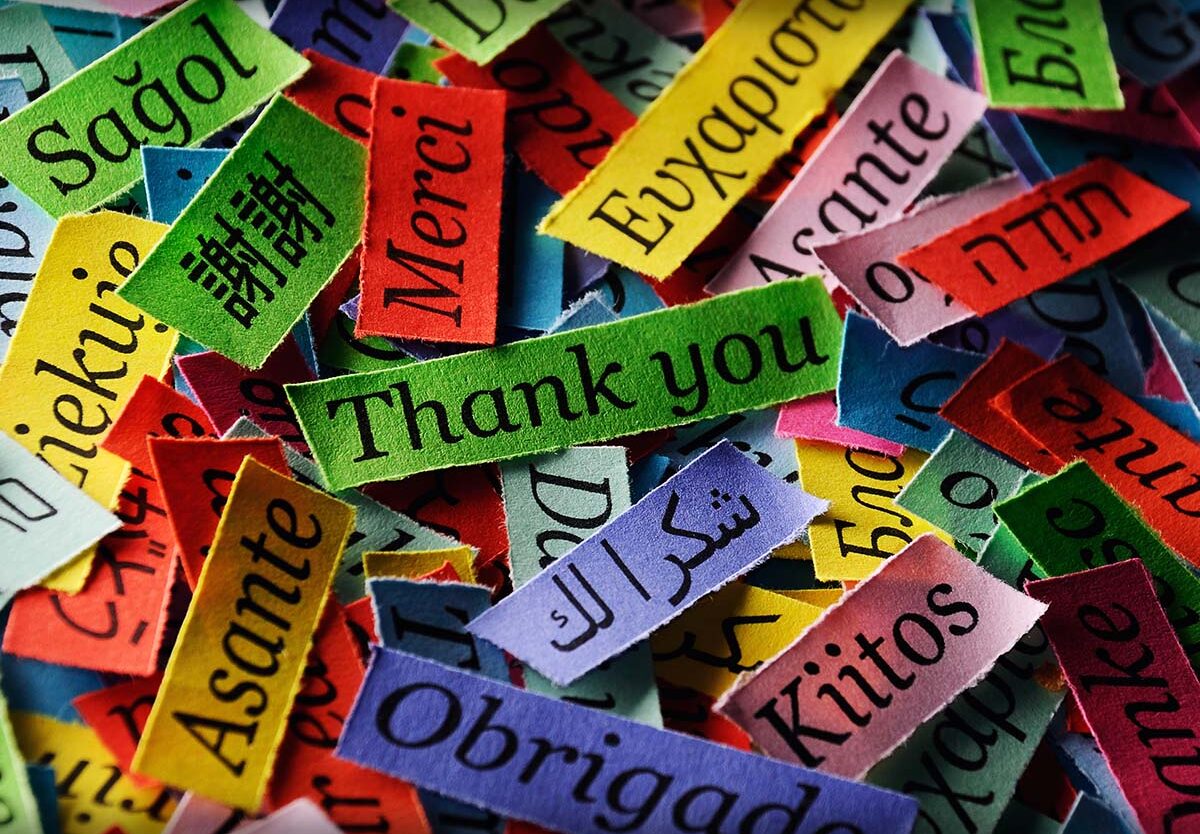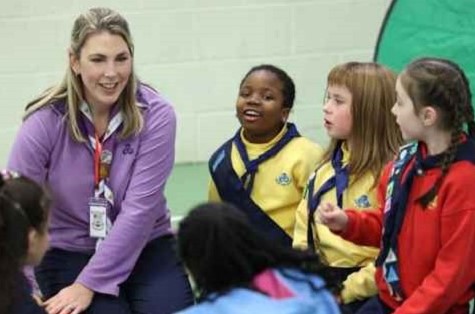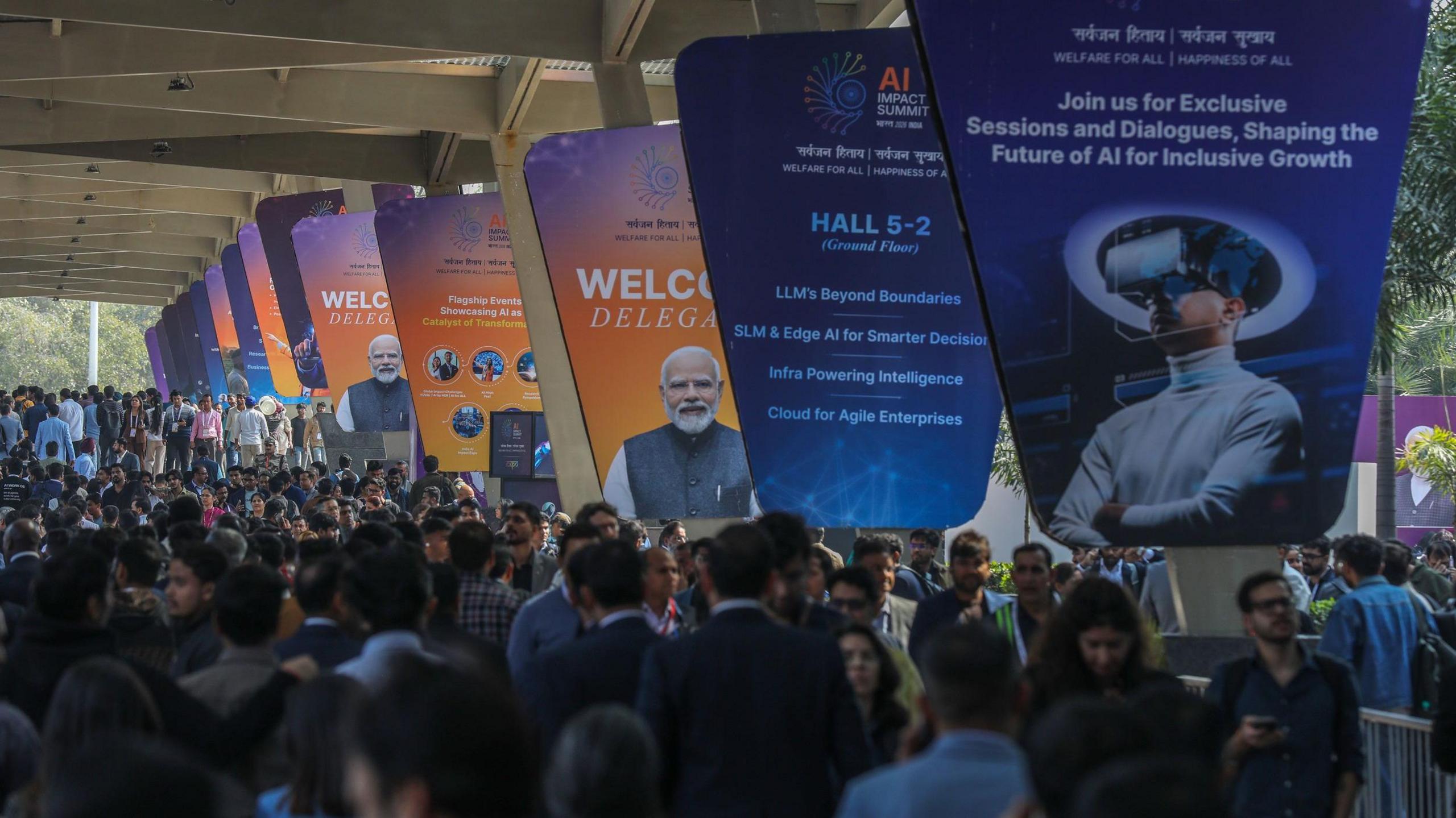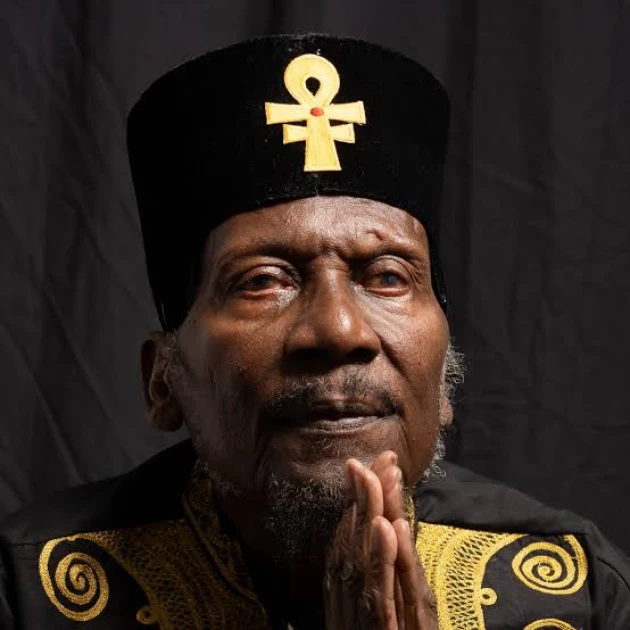The Assistant High Commissioner of Bangladesh has reached out to us to ask if we could help raise awareness of International Mother Language Day.
It was initiated by Bangladesh and proclaimed by the General Conference of the United Nations Educational, Scientific and Cultural Organisation (UNESCO) in November 1999. The UN says that multilingual and multicultural societies exist through their languages, which transmit and preserve traditional knowledge and cultures in a sustainable way. International Mother Language Day is observed every year to promote linguistic and cultural diversity and multilingualism.
The UN marks International Mother Language Day each year. Bengali is the unique language of Bangladesh but is of course also spoken in the West Midlands – the Bangladeshi community in Birmingham alone numbers 32,880 people - accounting for 3% of Bangladeshis in the UK. To mark the day the Bangladesh Assistant High Commission, Birmingham is hosting a celebration event titled ‘Strength in Diversity’ today (Thursday 22 February 2024) at 18:30 hrs at the Lal Haveli Restaurant and Banqueting Hall, on Bradford Street, in Walsall, with Andy Street, Mayor of the West Midlands to be the chief guest.
The UN says that Multilingual and multicultural societies thrive through the preservation of their languages, which serve as conduits for traditional knowledge and cultural heritage. However, linguistic diversity faces increasing threats as more languages vanish. Currently, 40% of the global population lacks access to education in their native language, a figure that exceeds 90% in certain regions. Research underscores the benefits of using learners' native languages in education, fostering better learning outcomes, self-esteem, and critical thinking skills. This approach also supports intergenerational learning and cultural preservation.
International Mother Language Day, first proclaimed by UNESCO and later adopted by the UN General Assembly, underscores the role of languages in promoting inclusion and achieving Sustainable Development Goals. Multilingual education policies, highlighted in the 2024 theme “Multilingual education – a pillar of learning and intergenerational learning”, are crucial for inclusive education and the preservation of indigenous languages. By starting education in the learner's mother tongue and gradually introducing other languages, barriers between home and school are bridged, facilitating effective learning.
Multilingual education not only promotes inclusive societies but also aids in preserving non-dominant, minority, and indigenous languages. It is a cornerstone for achieving equitable access to education and lifelong learning opportunities for all individuals.
For anyone interested in exploring this further should contact Swornaly Chanda on 07956 706490. She works with the Assistant High Commissioner of Bangladesh who is based in Birmingham.











